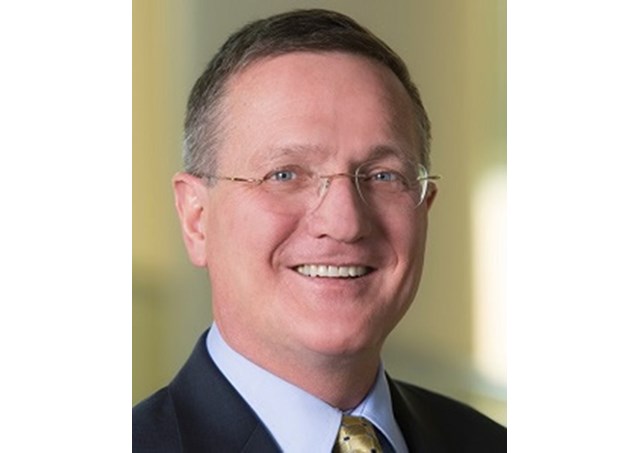
‘Restriction of religious freedom harms other personal liberties’: Brian Grim, Ph.D.

(Vatican Radio) The abuse of religious freedom is on the rise, with a vicious cycle of religious restriction and social hostilities fueling its increase, according to Brian Grim, Ph. D. of the Religious Freedom & Business Foundation.
The US State Department recently released its annual International Religious Freedom Report for 2015. The report says one-in-four countries oppress religious freedom, affecting roughly 75% of the world’s population.
Brian Grim, Ph. D. is president of the Religious Freedom & Business Foundation and a leading expert on international religious demography and the socio-economic impact of restrictions on religious freedom. He spoke to Vatican Radio's Fr. Bernd Hagenkord about the cycle of restrictions on religious freedom and resultant societal hostility.
Listen to the full interview:
Mr. Grim said the statistics provided in the US State Department's report on religious freedom takes into account government restrictions on religious freedom and social hostilities involving religion.
He also noted the rise in religious intolerance increased greatly after the terrorist attacks by Al-Qaeda of September 11, 2001.
"Those attacks and the reaction to them have set off a cycle of governments trying to restrict religion for security purposes, but as governments act to restrict religion that tends to exacerbate tensions. So we see a number of social hostilities coming from this back-and-forth of government action".
Interconnected freedoms
Yet restrictions on religious freedoms don't just stop there. Mr. Grim says other forms of personal freedoms are negatively impacted as well.
"Where you restrict religious freedom, that tends to also coincide with restrictions on freedom of assembly, freedom of speech, freedom of expression, and these restrictions not only are felt by people in religious communities but across the board, including greater restrictions on women."
So, he says, greater freedom of religious expression means a more free society in general, which ushers in several corresponding economic advantages.
Better business
Mr. Grim believes more religious freedom pans out into a healthier economic system.
"Where you have religious freedom you have more stable and peaceful societies. So when you have stability and peace, then you have a more sustainable economy. It's not built on just, you could say, a 'bullets and bombs' economy, but it's built on a very diverse and sustainable business climate."
Two trends and a hope
Getting to the roots of the problem of religious persecution, Mr. Grim says there are two angles to consider: the previously-mentioned cycle of restriction and reaction, and the secularization of the Western world.
"Part of this is extremism, violent extremism, government reaction to it, but there is also a trend toward secularization, especially in Western societies. That contributes also to this rising tide [of religious persecution] because, as people secularize, they don't necessarily see the value that religion provides to society and then there is less support for religious freedom itself."
"The hope is," he continued, "that, as people of faith exercise their religious freedom to do good and to love their neighbor, these trends can turn around, but that takes a commitment that comes from the heart."
| All the contents on this site are copyrighted ©. |


